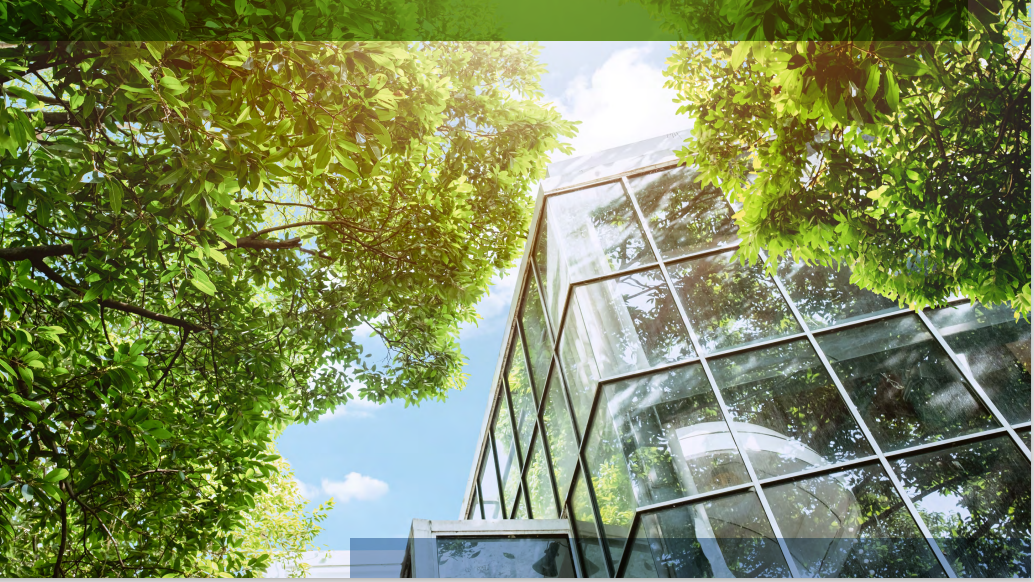- English
- 中文 (Chinese)
- Français (French)
- Deutsch (German)
- 日本語 (Japanese)
- Español (Spanish)
Unlocking Asset Potential

The Impact of Sustainable Office Fit-Out Practices
With over 70 percent of buildings in Hong Kong more than 20 years old, the city faces a significant challenge: Many aged and Grade B office spaces are grappling with high vacancy rates. Even within Grade A office spaces, about 44 percent are over 30 years old, and projections indicate that this figure may rise to 55 percent by 2030. Approximately one-fifth of these buildings could face functional obsolescence by 2035, posing challenges in attracting tenants. Furthermore, capital and rental values of Grade A offices are projected to decline by more than 10 percent by 2026. And the value of poorly maintained office buildings that are more than 30 years old may decline by as much as 20 percent.
Sustainable fit-outs are emerging as a compelling solution, offering a wealth of benefits for both landlords and tenants. For landlords, investing in sustainable upgrades can enhance asset value and attract high-quality tenants who prioritize sustainability. These improvements can lead to increased occupancy rates, reduced turnover, and long-term cost savings through lower energy consumption and maintenance expenses. Furthermore, revitalizing aging buildings with sustainable features not only improves their marketability but also contributes positively to urban landscapes and makes them more appealing to both businesses and the communities they serve.
Zusammenfassung des Berichts: With over 70 percent of buildings in Hong Kong more than 20 years old, the city faces a significant challenge: Many aged and Grade B office spaces are grappling with high vacancy rates. Even within Grade A office spaces, about 44 percent are over 30 years old, and projections indicate that this figure may rise to 55 percent by 2030. Approximately one-fifth of these buildings could face functional obsolescence by 2035, posing challenges in attracting tenants. Furthermore, capital and rental values of Grade A offices are projected to decline by more than 10 percent by 2026. And the value of poorly maintained office buildings that are more than 30 years old may decline by as much as 20 percent.
Sustainable fit-outs are emerging as a compelling solution, offering a wealth of benefits for both landlords and tenants. For landlords, investing in sustainable upgrades can enhance asset value and attract high-quality tenants who prioritize sustainability. These improvements can lead to increased occupancy rates, reduced turnover, and long-term cost savings through lower energy consumption and maintenance expenses. Furthermore, revitalizing aging buildings with sustainable features not only improves their marketability but also contributes positively to urban landscapes and makes them more appealing to both businesses and the communities they serve.


